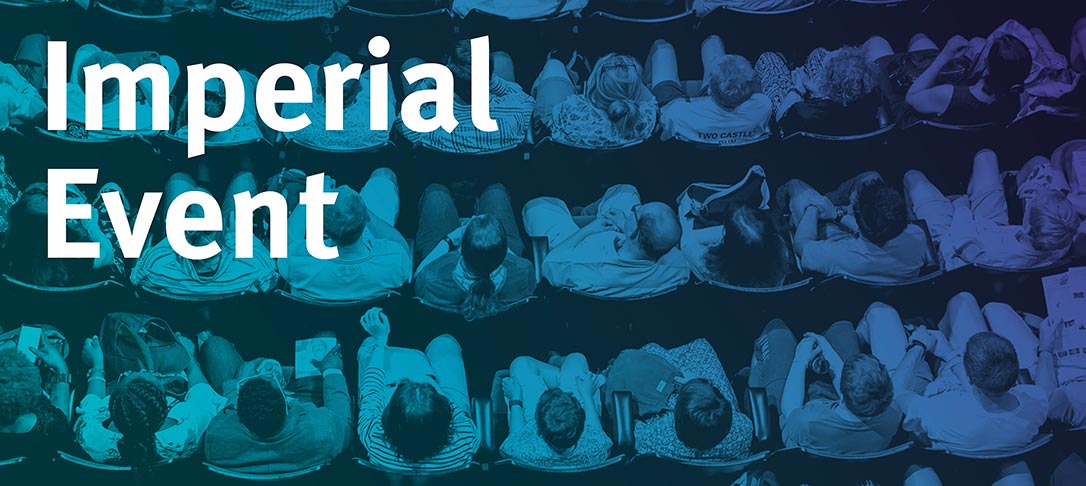
Extracting and analysing networks from spatio-temporal data – 2nd edition
Call for contributed talks
Satellite @CCS 2019 Singapore
The Satellite will span half a day on Wednesday October the 2nd (afternoon), and will include 4 invited speakers and 5 contributed talks (10+2 mins). Submissions are open until the 3rd of July 2019, please send a one page abstract with/out figure to eanstdccs@gmail.com, pdf format preferred. An exemplar template can be found here. All submissions will be evaluated by members of the organizing committee and/or competent reviewers.
New technology and integrated databases supply great amounts of data containing rich spatial and temporal information. Disentangling complex relationships to gain understanding of the structure of causations and interconnectedness represented by these large data sets at a fundamental level is a non-trivial task. Mapping this information onto networks is often convenient, but nodes and links still need to be defined in a relevant way, which is not necessarily obvious from the data. Oftentimes, nodes will naturally be identified with specific time series, say EEG electrodes, traded stock or individual geolocalised footprint. When this is the case the directed interdependence, or information theoretic causal structure between the nodes can then be established by use of various methodologies many of which has their origin in Granger’s seminal work on causality, but the field is in constant evolution and a trove of methods have been developed or adapted to define nodes and their relationships from spatio-temporal data across a very wide range of fields, as reflected by the fields of interest of our invited speakers.
This satellite will gather leading experts from network theory together with data scientist to take stock at the state of the art of the field and to discuss issues such as the validity, specificities, limitations and most importantly the transferability of methods to extract and analyse networks from spatio-temporal data.
Attendance is free upon registration to the main conference, but please register as soon as possible for catering and organizational purposes at eanstdccs@gmail.com.
Invited speakers:
- Laura Alessandretti, University of Copenhagen: The Scales of Human Mobility
- Tim Evans, Imperial College London: Spatio-temporal archeological modeling
- Michael Gastner, Yale-NUS College: Contiguous area cartograms for data visualization and analysis
- Nicola Perra, University of Greenwich: Modeling disease spreading at different spatio-temporal scales
Important dates:
- Deadline for submissions: 3rd July 2018 (eanstdccs@gmail.com)
- Notification of acceptance: 10th July 2018
- Satellite meeting: 2nd October 2019 (afternoon)
List of topics to be covered includes, but are not limited to:
Data:
- Neuroscience
- Finance
- Epidemiology
- Genetics
- Social networks
- Theoretical models
Methodologies:
- Dimensionality reduction of high-dimensional data
- Graph inference from high-dimensional data (time series, co-localisation)
- Graph inference from low-dimensional data (time series, co-localisation)
- Causality analysis
- Clustering
- Definition of nodes and edges from data
Organising committee:
- Paul Expert, Imperial College London
- Henrik Jensen, Imperial College London
- Mauricio Barahona, Imperial College London
- Takayuki Nozawa, Tokyo Institute of Technology
- Yoshihiro Miyake, Tokyo Institute of Technology
- Misako Takayasu, Tokyo Institute of Technology